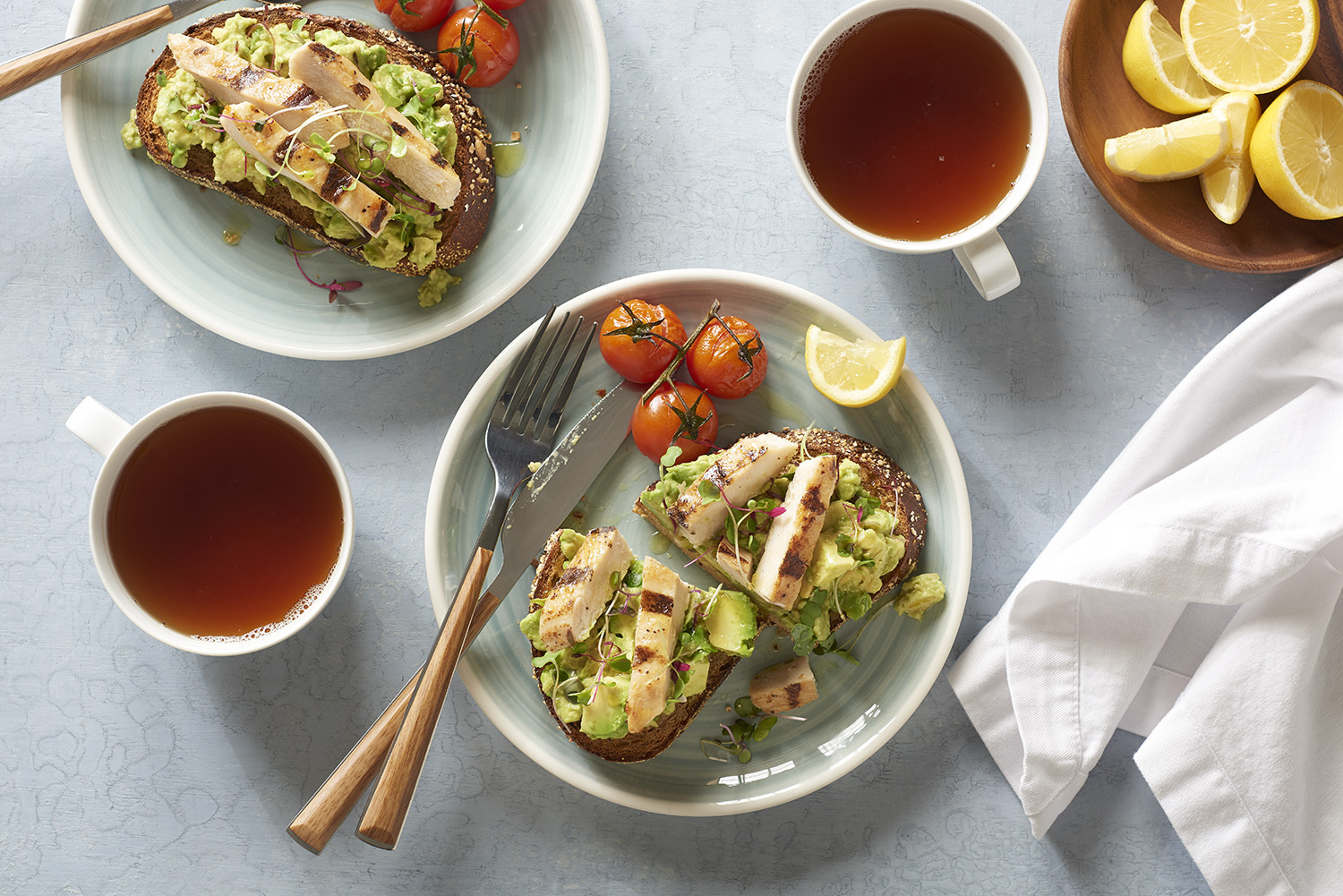3 Long-Term Healthcare Foodservice Trends
Published on: 09/01/2022 in All, Segment Insights, Profitablity & Business Strategies, Featured
Published on: 09/01/2022 in All, Segment Insights, Profitablity & Business Strategies, Featured

Come mealtime, the menu is increasingly important in the hospital and long-term care facility space. Patients, guests and employees alike count on something far better than stereotypical institutional food in this burgeoning foodservice segment. The healthcare foodservice market is projected to increase a healthy 73% from $13.2 billion in 2021 to $22.8 billion by 2026.1
Here are three timely trends to consider in the healthcare industry.
Like other employers, hospitals and long-term care facilities find it hard to adequately hire and retain staff. Tim Pierce, CEO of Morrison Healthcare, which services more than 800 hospitals and systems, stated that foodservice can have an impact when it comes to hiring and retention. “Foodservice can be a satisfier across an organization, leading to improved retention rates across all departments in a hospital,” he said.2
One solution for a limited labor force is technology. Self-service fresh food vending machines provide appealing fresh food options for staff 24/7 without having to staff a retail outlet. Dartmouth-Hitchcock Medical Center in New Hampshire has four food kiosks from Byte Technology. Each unit offers different options, including micro meals; salads and sandwiches; fruit cups, yogurts and other light items; and drinks along with additional top-selling micro meals. “Our charcoal roast and turkey dinners are popular, as are the chicken or scampi with prawns,” says Katie Bradford, director of food and nutrient services at DHMC.3
Another solution for labor savings comes from sourcing fully or partially prepared products. For example, Perdue sells HARVESTLAND® No Antibiotics Ever, Fully Cooked, Char-Grilled Chicken Breast Strips Frozen. Sous vide cooking brings flavor along with tender juiciness, but with labor and time constraints, it’s not always practical. However, Perdue has done the work with its HARVESTLAND® Tenderready® No Antibiotics Ever, Sous-Vide Style, Fully Cooked Chicken Quarters, Fresh.
Efficiency goes a long way in controlling food costs, thus improving margins. “By condensing the food offering, hospitals gain control over food costs and create less waste,” Pierce says.2 He provides two strategies for the foodservice segment to help alleviate margin pressure:
The food can determine the patient’s choice of a hospital or care facility. In fact, 42% of long-term care/senior-living residents say they considered food options early in the selection process.3 Medical care is a high priority for people of course, especially hospital patients, but food and nutrition are a key part of general well-being and have a big impact on the overall experience.4
Providing premium protein with nutritious attributes can have a meaningful impact on the cafeteria visitation rates of individuals at healthcare facilities, nursing homes, and other long-term care facilities. At healthcare cafeterias, including hospitals, nursing/retirement homes and other long-term care facilities, 70% of consumers would visit more frequently, and 92% would return to an avoided location if premium poultry items are menued.6 The top three poultry claims consumers would pay more for at healthcare cafeterias include Clean Label, No Antibiotics Ever and Humanely Raised.5
Perdue Foodservice provides chicken and turkey with in-demand, better-for-you claims that deliver quality nutrition and great taste with less labor to help meet your healthcare operation’s holistic commitment to long-term health. Learn more about Perdue Foodservice’s healthcare offerings.